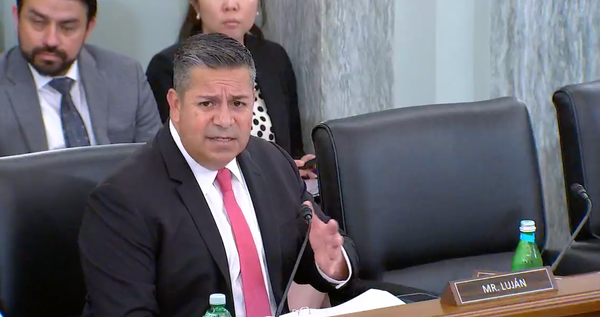FCC Concludes Review of Rural Digital Opportunity Applications with More Defaults
Nearly one-third of the money awarded through RDOF was defaulted on.

WASHINGTON, January 5, 2023 – The Federal Communications Commission announced the conclusion of the Rural Digital Opportunity Fund long-form application review last month, which means that no more money will be awarded through Phase I of the program, and no additional defaults or forfeitures will be announced.
The announcement coincided with news of another service provider failing to fulfill their initial bid within the program. Wavelength, a service provider from Arizona, defaulted on its commitment to deploy services to 12,418 locations, after failing to demonstrate its financial qualifications to receive RDOF support adequately.
Three years prior, the FCC had announced granting RDOF awards totaling $9.2 billion in Phase I of the auction. However, following the comprehensive long-form process, the final awards amount to slightly over $6 billion. This indicates that more than $3 billion, or one-third, in awards were defaulted on, meaning that the bidder couldn’t fulfill the promised project.
The FCC has faced considerable backlash for what critics say is an insufficient screening of applicants and overreliance on winning bidders’ long-form submitted after the auction.
Three of the initial largest winning RDOF bidders, LTD Broadband, SpaceX, and fixed wireless startup Starry, contributed to nearly $2.5 billion in defaults, with several smaller defaults also recorded.
A total of 379 of the original 427 long-form applicants have successfully secured winning bids, with 97 percent of locations covered by winning bids for Gigabit speed service.
Notable winners include Charter Communications, bidding as CCO Holdings, securing a significant $1.1 billion to deploy services to over 993,000 locations spread across 24 states.
The Rural Electric Cooperative Consortium, with more than 90 participating electric cooperatives across 22 states, brought in $1.05 billion to serve nearly 600,000 locations.
Windstream Communications acquired $522 million to serve 192,501 locations, while AMG Technology Investment Group, bidding for Nextlink, won $428.9 million to serve 205,000 locations. Frontier obtained $427.8 million for 148,000 locations, and CenturyLink secured $262 million for service areas spanning 20 states.
There has been no word on what will happen with the more than $3 billion in defaulted RDOF funds. RDOF was originally budgeted for $20.4 billion, but it’s not clear when or if the remaining money will be awarded.
Service providers that default on RDOF bids are subject to a $3,000 base violation charge, with additional violations for each census block group forfeited in a bid.










